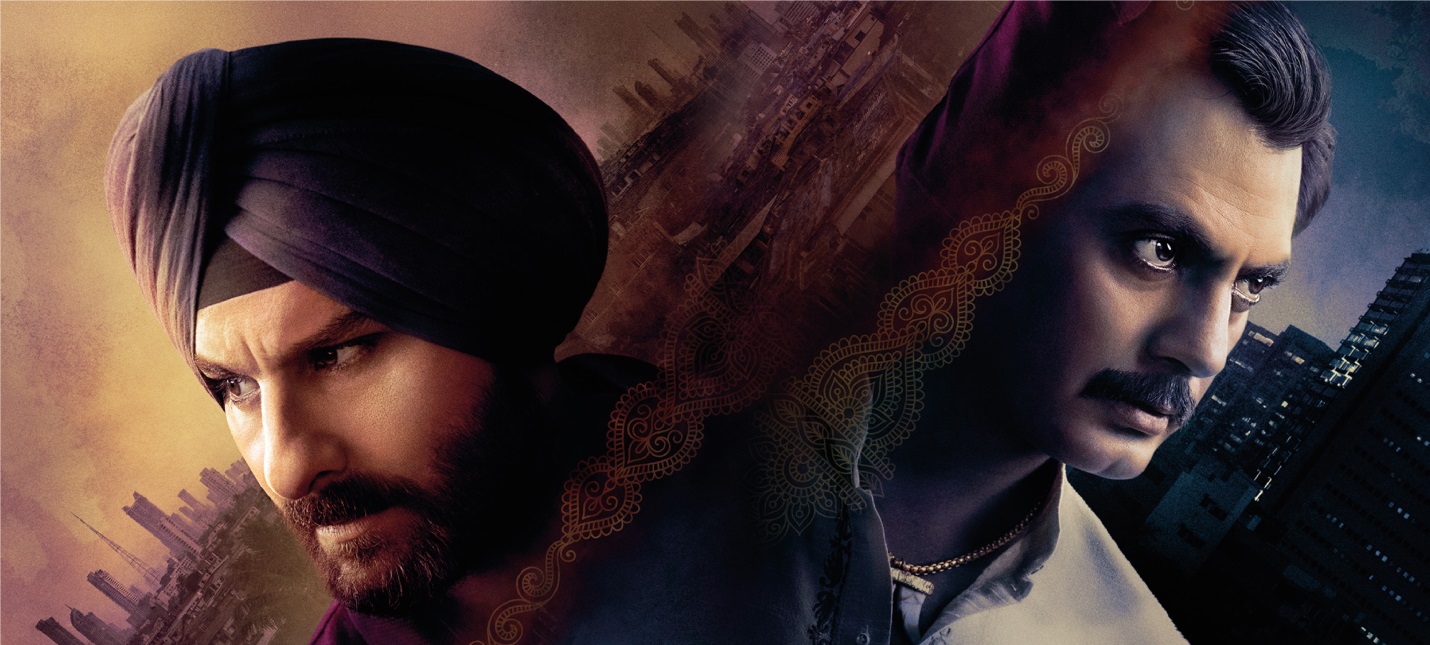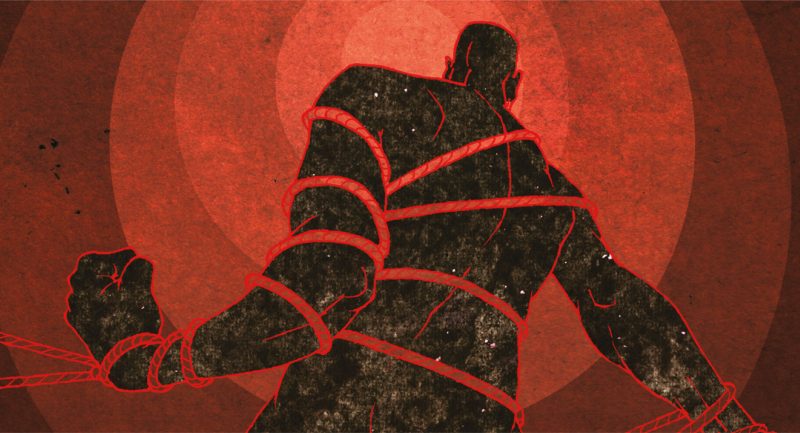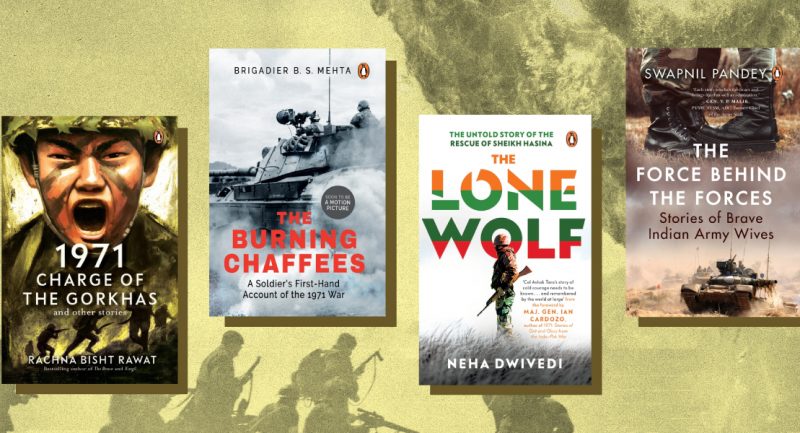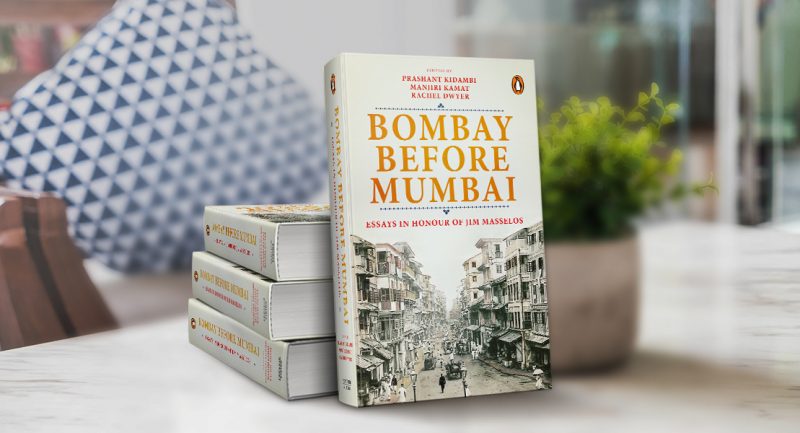
Are you hooked onto Sacred Games, by Vikram Chandra yet? Whether you decide to read the book, and then watch the Netflix series, or watch the series and then read the book, you’re bound to get engrossed.
Seven years in the making, Sacred Games is an epic of exceptional richness and power. Vikram Chandra’s novel draws the reader deep into the life of Inspector Sartaj Singh, and into the criminal underworld of Ganesh Gaitonde, the most wanted gangster in India. This is a sprawling, magnificent story of friendship and betrayal, of terrible violence, of an astonishing modern city and its dark side.
If you’re yet to start reading the book, start with this excerpt!
A white Pomeranian named Fluffy flew out of a fifth-floor window in Panna, which was a brand-new building with the painter’s scaffolding still around it. Fluffy screamed in her little lap-dog voice all the way down, like a little white kettle losing steam, bounced off the bonnet of a Cielo, and skidded to a halt near the rank of schoolgirls waiting for the St Mary’s Convent bus. There was remarkably little blood, but the sight of Fluffy’s brains did send the conventeers into hysterics, and meanwhile, above, the man who had swung Fluffy around his head by one leg, who had slung Fluffy into the void, one Mr Mahesh Pandey of Mirage Textiles, that man was leaning on his windowsill and laughing. Mrs Kamala Pandey, who in talking to Fluffy always spoke of herself as ‘Mummy’, now staggered and ran to her kitchen and plucked from the magnetic holder a knife nine inches long and two wide. When Sartaj and Katekar broke open the door to apartment 502, Mrs Pandey was standing in front of the bedroom door, looking intensely at a dense circle of two-inch-long wounds in the wood, about chest-high. As Sartaj watched, she sighed, raised her hand and stabbed the door again. She had to struggle with both hands on the handle to get the knife out.
‘Mrs Pandey,’ Sartaj said.
She turned to them, the knife still in a double-handed grip, held high. She had a pale, tear-stained face and tiny bare feet under her white nightie.
‘Mrs Pandey, I am Inspector Sartaj Singh,’ Sartaj said. ‘I’d like you to put down that knife, please.’ He took a step, hands held up and palms forward. ‘Please,’ he said. But Mrs Pandey’s eyes were wide and blank, and except for the quivering of her forearms she was quite still. The hallway they were in was narrow, and Sartaj could feel Katekar behind him, wanting to pass. Sartaj stopped moving. Another step and he would be comfortably within a swing of the knife ‘Police?’ a voice said from behind the bedroom door. ‘Police?’
Mrs Pandey started, as if remembering something, and then she said, ‘Bastard, bastard,’ and slashed at the door again. She was tired now, and the point bounced off the wood and raked across it, and Sartaj bent her wrist back and took the knife quite easily from her. But she smashed at the door with her hands, breaking her bangles, and her last wiry burst of anger was hard to hold and contain. Finally they sat her down on the green sofa in the drawing room.
‘Shoot him,’ she said. ‘Shoot him.’ Then she put her head in her hands. There were green and blue bruises on her shoulder. Katekar was back at the bedroom door, murmuring.
‘What did you fight about?’ Sartaj said.
‘He wants me not to fly any more.’
‘What?’
‘I’m an air hostess. He thinks . . .’
‘Yes?’
She had startling light-brown eyes, and she was angry at Sartaj for asking. ‘He thinks since I’m an air hostess, I keep hostessing the pilots on stopovers,’ she said, and turned her face to the window.
Katekar was walking the husband over now, with a hand on his neck. Mr Pandey hitched up his silky red-and-black striped pyjamas, and smiled confidentially at Sartaj. ‘Thank you,’ he said. ‘Thanks for coming.’
‘So you like to hit your wife, Mr Pandey?’ Sartaj barked, leaning forward. Katekar sat the man down, hard, while he still had his mouth open. It was nicely done. Katekar was a senior constable, an old subordinate, a colleague really – they had worked together for almost seven years now, off and on. ‘You like to hit her, and then you throw a poor puppy out of a window? And then you call us to save you?’
‘She said I hit her?’
‘I have eyes. I can see.’
‘Then look at this,’ Mr Pandey said, his jaw twisting. ‘Look, look, look at this.’ And he pulled up his left pyjama jacket sleeve, revealing a shiny silver watch and four evenly spaced scratches, livid and deep, running from the inside of the wrist around to the elbow. ‘More, I’ve got more,’ Mr Pandey said, and bowed low at the waist and lowered his head and twisted to raise his collar away from the skin. Sartaj got up and walked around the coffee table. There was a corrugated red welt on Mr Pandey’s shoulder blade, and Sartaj couldn’t see how far down it went.
‘What’s that from?’ Sartaj said.
‘She broke a Kashmiri walking stick on my back. This thick, it was,’ Mr Pandey said, holding up his thumb and forefinger circled.
Sartaj walked to the window. There was a group of uniformed boys clustering around the small white body below, pushing each other closer to it. The St Mary’s girls were squealing, holding their hands to their mouths, and begging the boys to stop. In the drawing room, Mrs Pandey was gazing brightly at her husband, her chin tucked into her chest. ‘Love,’ Sartaj said softly. ‘Love is a murdering gaandu. Poor Fluffy.’










